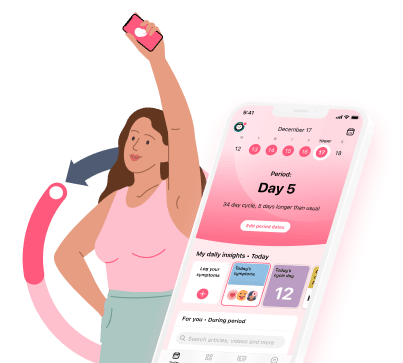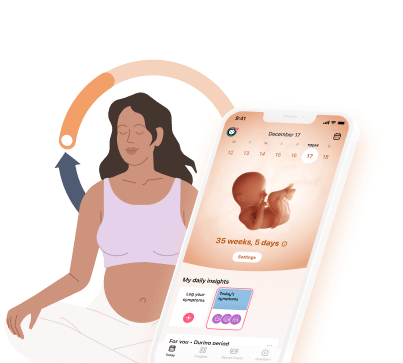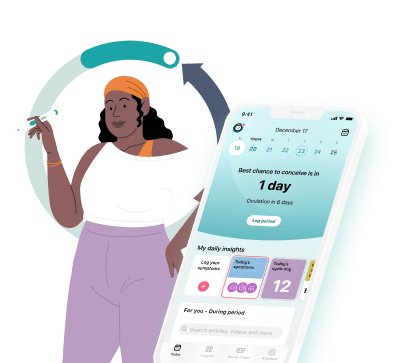At 22 weeks pregnant, you’re approaching your sixth month of pregnancy (you’re five months and around two weeks, to be exact), and you might have noticed some major changes during your second trimester. While some people note that they have more energy and don’t feel as nauseous, others log that their bump is starting to get in the way of a good night’s sleep.
As you pass the halfway mark of pregnancy (since you’re considered full term at between 39 weeks and 40 weeks and six days), your body is still going through some big changes, and your baby is continuing to grow and develop. You can learn about the different symptoms you might expect during your second trimester using an app like Flo. To help you understand what might be happening at 22 weeks, a Flo expert gives you the lowdown.
Your baby at 22 weeks pregnant
Developing a sleep pattern
It’s no surprise that baby sleep is a hot topic among new parents. The first few weeks of parenthood are often characterized by sleepless nights, getting a nap schedule down, and working out what feels right for you and your baby. However, your baby is already starting to develop their own sleep pattern while they’re in the uterus.
At around 22 weeks, your baby will be getting into a pattern of waking and sleeping, much like they will after they’re born. However, you may have noticed that their sleep pattern doesn’t necessarily match yours. When you’re lying in bed at night, getting ready to go to sleep, you may feel your baby moving around wide awake. If this keeps you up, our tips on tackling sleep insomnia might help.
Producing fat
During your second trimester, your baby continues to grow. This is important as it means your baby is getting bigger and heavier. They are also producing fat, which helps to keep them warm right up until you give birth.
How big is a baby at 22 weeks?
Length (crown to heel): 29 cm or 11.4 in.
Weight: 478 g or 1.1 lb.
Size: Equivalent to an ear of corn
All measurements are approximate and vary within the normal range.








